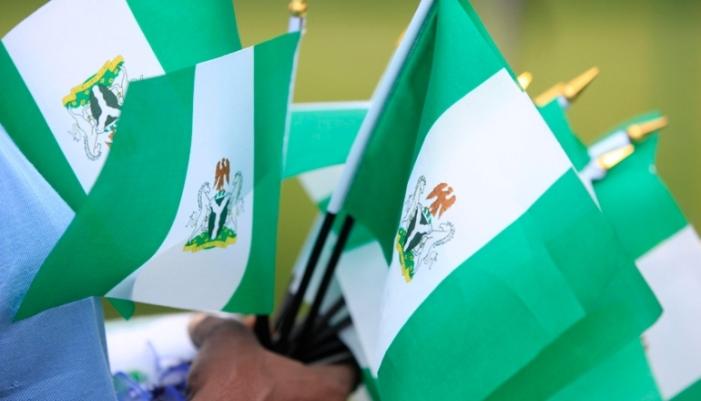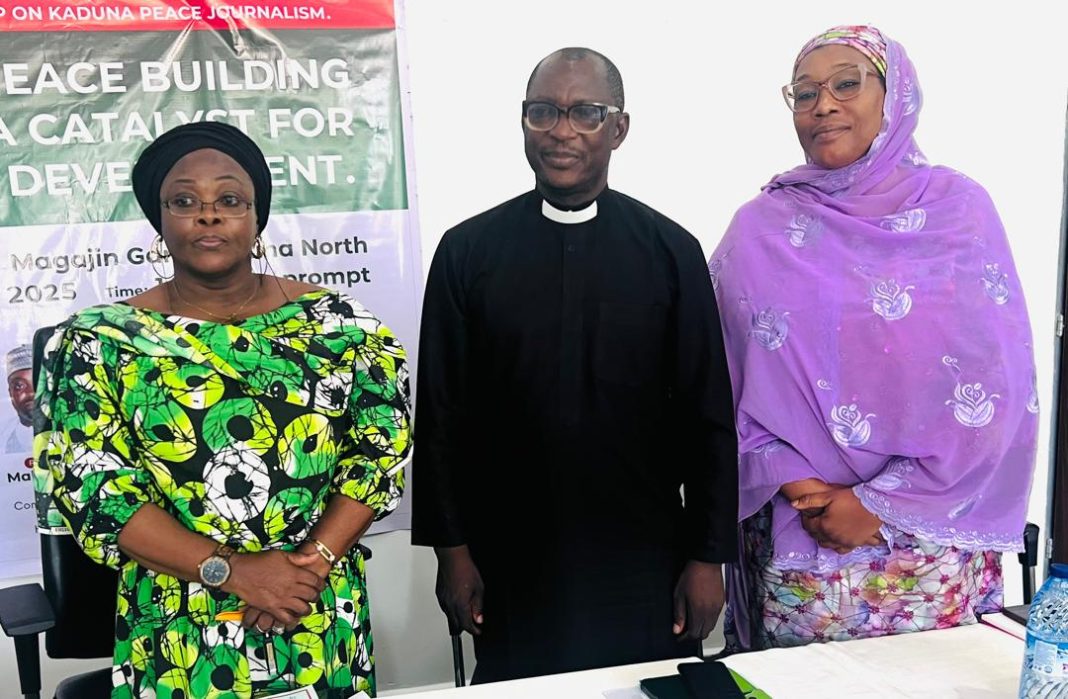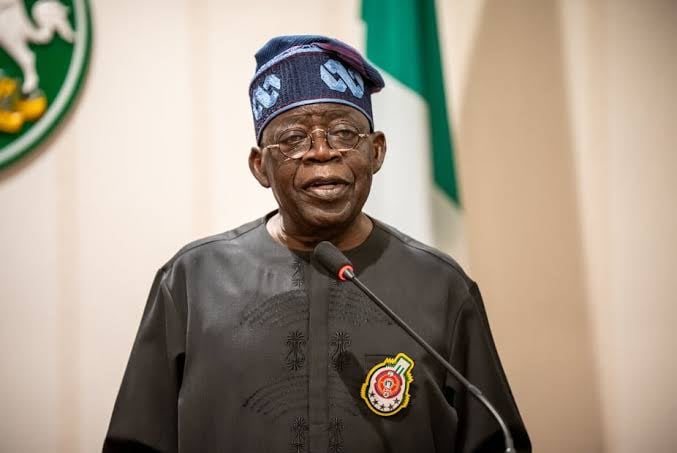By Abu Jemimah Lami
In Zamfara and other mineral-rich states of northern Nigeria, gold is more than glittering metal. It is money, influence and, tragically, a weapon of war. Over the past decade, illegal gold mining has grown into a parallel economy that fuels violence, sustains armed groups and deepens insecurity across the region. For more than a decade, illicit gold extraction in states such as Zamfara has fed a shadow economy that funds armed groups, buy weapons and entrenches cycles of banditry and criminality.
From Anka to Maru, artisanal miners dig through the soil with crude tools, watched over by men with guns. The promise of quick money from gold pits has drawn thousands of desperate youths, but the proceeds rarely stay in their hands. Instead, the trade has become a lifeline for criminal gangs and militias who tax miners, sell gold through middlemen, and use the profits to buy weapons from traffickers operating across West Africa. The trade binds criminal and political actors into networks that are difficult to dismantle, the transactional logic is simple as even if the pathways are messy.
Zamfara’s location makes it part of a vast web of cross-border smuggling routes stretching through Niger, Chad, and Mali. Gold leaves Nigeria in small quantities hidden in bags or vehicles, while firearms flow back in. Reports by the United Nations and regional security agencies have long warned that these porous frontiers make West Africa one of the busiest small arms corridors in the world.
A miner in Bukkuyum, who gave his name as Shehu, described the situation simply: “If you want to work, you pay. If you refuse, they burn your site.” The “they” he refers to are the bandit groups that have seized control of much of Zamfara’s informal mining economy. They impose levies on miners, demand protection money from communities, and force locals to dig on their behalf.
Gold’s portability makes it an ideal currency for conflict. It can be melted, recast and traded anywhere without a trace, unlike cash that leaves a paper trail. Arms dealers prefer it because it is easy to move, difficult to track, and universally valuable. In many cases, gold is exchanged directly for guns, ammunition, or even motorcycles used in attacks.
Illicit mining grew alongside deteriorating security, creating both a lucrative market for non-state armed actors to profit from trade, without strong institutions or economic alternatives, illegal mining becomes a survival strategy for locals and business for criminals.
The trade’s human and environmental cost is staggering. Villages near mining sites have been attacked, residents displaced and entire communities wiped out. Environmental degradation from unregulated mining has polluted rivers with mercury and destroyed farmlands, worsening hunger and poverty. As farming collapses, more people turn to illegal mining, feeding a vicious cycle where insecurity drives economic desperation and desperation fuels more violence.
The links between gold and guns are not unique to Nigeria. Similar patterns have been recorded in Mali, Sudan and the Central African Republic, where natural resources finance insurgent movements. But Zamfara’s crisis stands out because of how deeply it has penetrated the local economy and daily life. What began as a livelihood activity has morphed into a full-fledged security threat.
Zamfara is a cautionary example of how a lucrative, portable commodity can be weaponized by criminal actors when governance is weak.
Gold in the hands of desperate or opportunistic actors becomes a funding source for violence, in the hands of organized brokers it becomes a cross-border currency that buys weapons and sustains armed groups.
Breaking this cycle will take more than military operations. It is a security priority,not just an economic issue, it requires tighter border controls, enforcement of mining regulations, and transparency in the gold supply chain.
The Nigerian government must also strengthen collaboration with neighboring countries and regional blocs like ECOWAS(Economic Community of West African States) to disrupt the networks moving gold out and weapons in.
Beyond enforcement, communities need protection and alternatives. As long as illegal mining remains the only viable source of income, it will continue to attract the jobless and the desperate. Transforming the gold sector from a criminal enterprise into a legitimate industry could turn what now funds violence into a driver of local development.
Zamfara’s story is a warning to the rest of the country. When mineral wealth falls into the wrong hands, it becomes a curse rather than a blessing. Restoring order will depend on whether Nigeria treats its minerals not just as economic assets but as matters of national security.
If managed wisely, the gold that once paid for guns could one day pay for peace, jobs, and a safer future for the people of Zamfara and Nigeria as a whole.
Abu Jemimah Lami is a graduate of History and International Studies from IBB University, Lapai, and a Corps Member serving with the Institute for Peace and Conflict Resolution (IPCR), Abuja. She can be reached via jemimahabu36@gmail.com.





